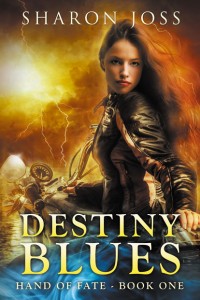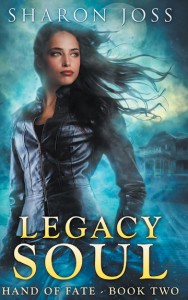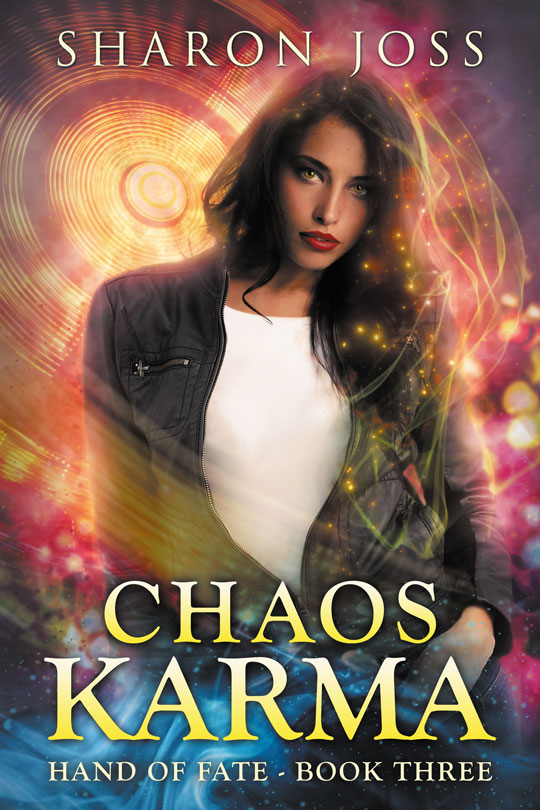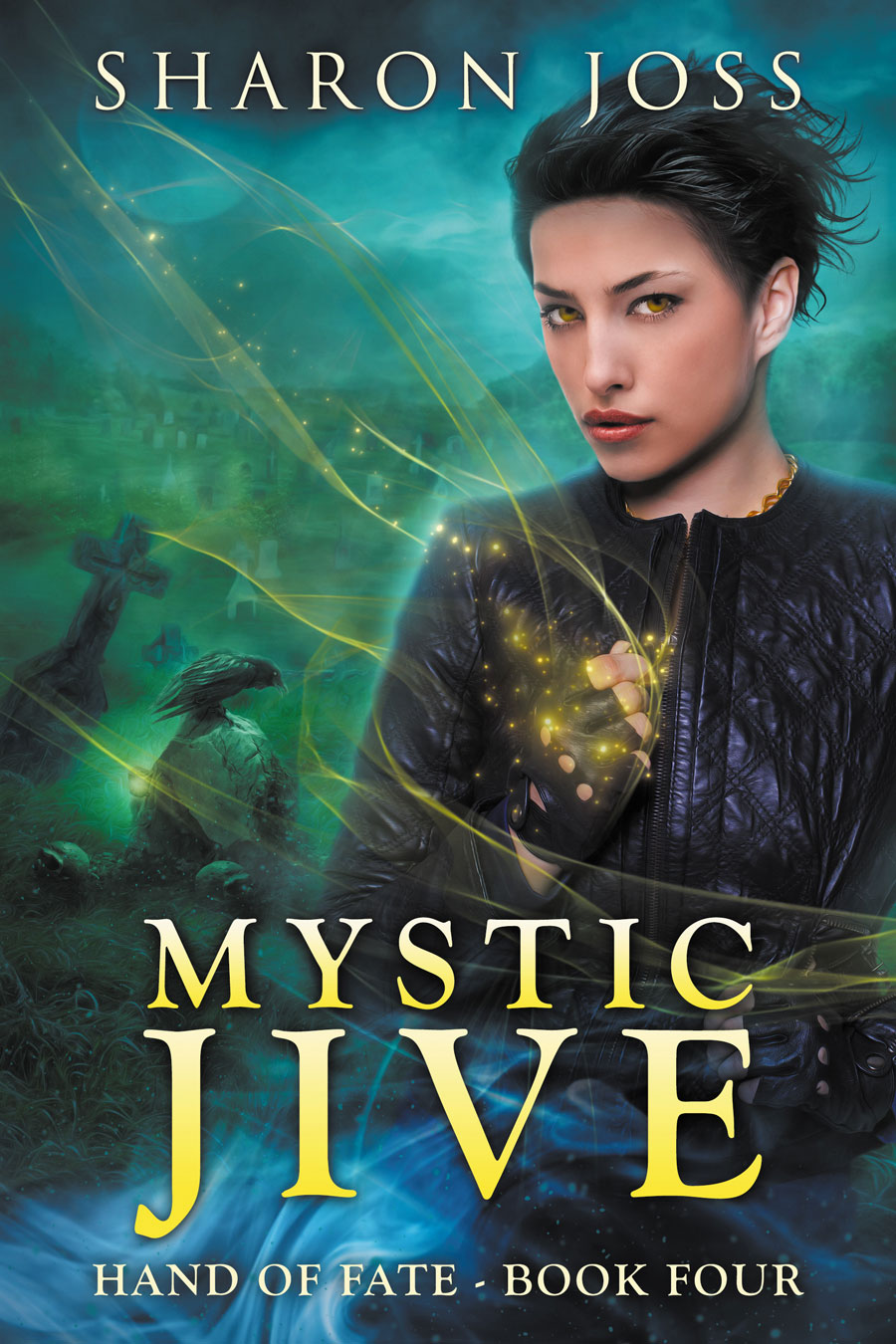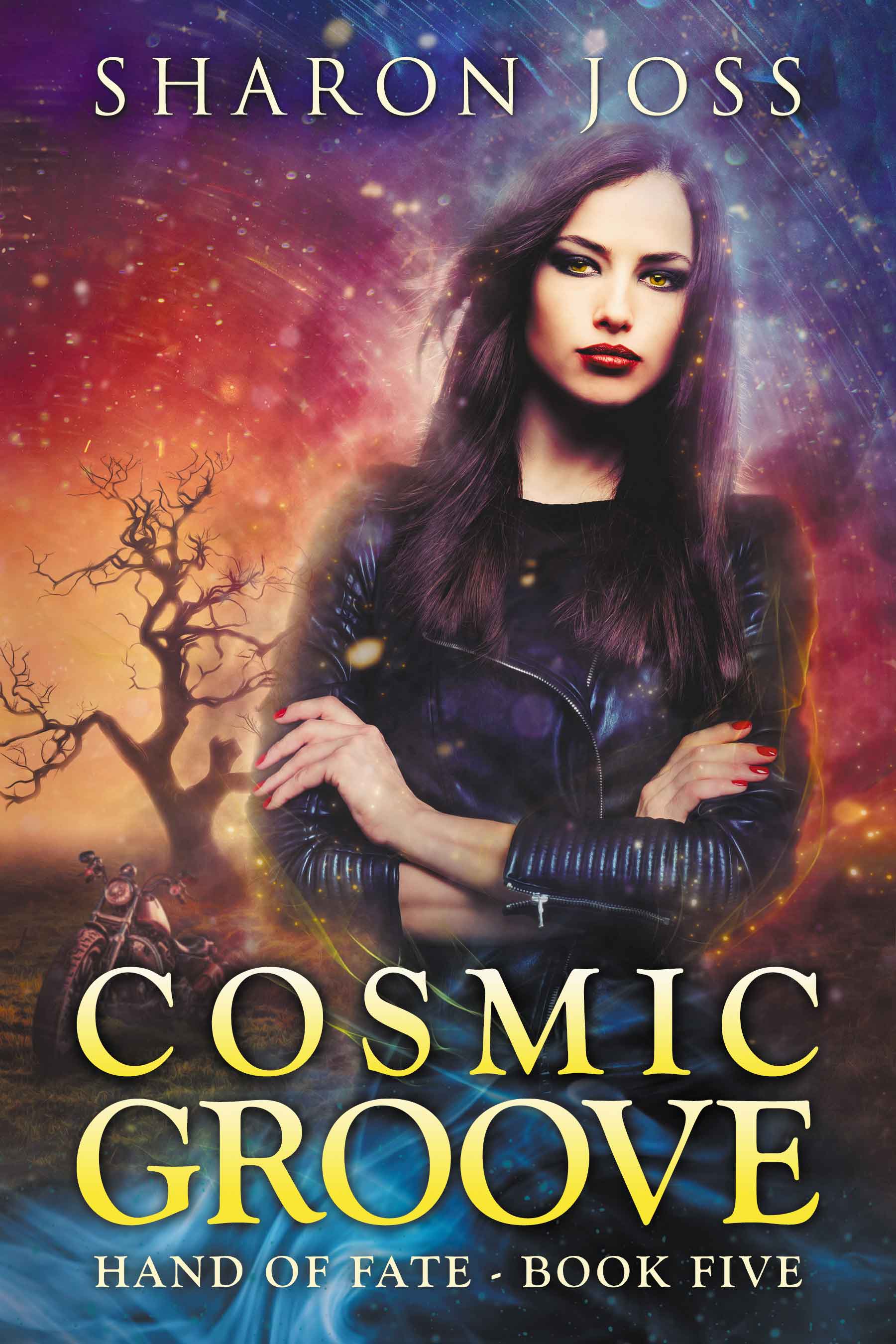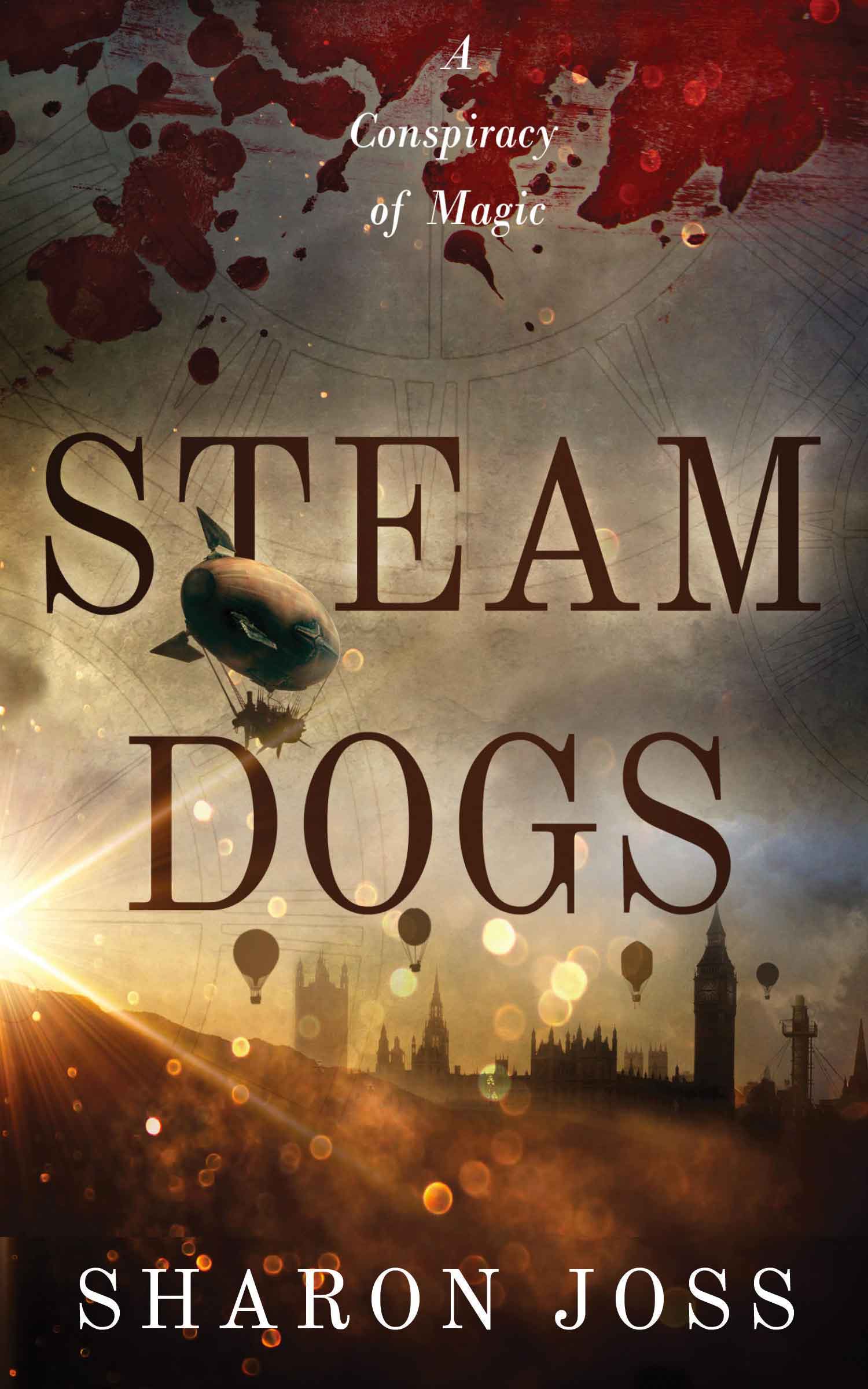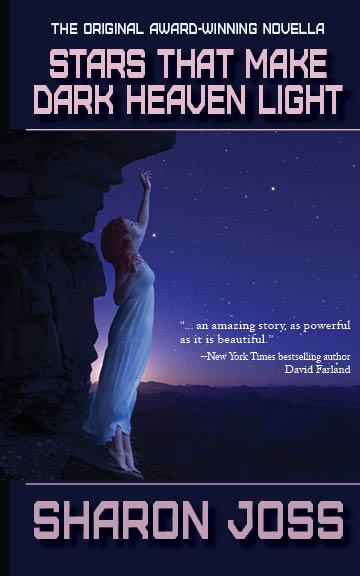I’m back from a week-long Novel Re-Writing Workshop taught by David Farland. I was one of eight students in the class, and we spent at least two hours a day critiquing each other’s work. We’d each submitted the first 20 pages of our stories prior to the workshop. I didn’t realize it before the workshop, but I’m now convinced that there is no better way to learn about writing than listening to critiques of other people’s work. And maybe not for the reasons you might think.
Although I did my best to give each of my fellow classmates the same quality of critique, there were one or two stories I didn’t connect with. I found it difficult to find something about their work to compliment. But hearing what other students said about their work was an eye-opening experience; one that will stay with me for a long time. In the case of the two stories I didn’t care for, I was dumbfounded to hear the glowing reviews from the other students. And they were right-on in their praise. I realized that every writer has a super-power.
For me, it was easy to see the other students’ strengths in style, voice, and characterization, but I didn’t appreciate how some created their awesome descriptions because I didn’t understand the techniques (of course, now that I know them, I can’t wait to use them ;-D). Similarly, as I came to understand the tools of deep characterization, and emotional tripling, I came to appreciate writing that had previously left me flat. At the same time, I discovered strengths in my own writing which I never knew I had. In my case, for example, I discovered that I use a technique in my word choices which others had pointed out; where I will interrupt the rhythm of a passage that flows with an incongruous word or phrase. Completely unconscious, on my part, I assure you. But David described the method is called ‘writing jazz’. I listen to jazz when I write, so I suppose I shouldn’t have been so surprised.
And along with every super-power, every writer also has their own kryptonite. One of the very first agents I queried for FATE called me to tell me that I needed to show more emotion on my pages. I spent months trying to understand what she meant, and after reading everything I could get my hands on about putting emotions on the page and taking Margie Lawson’s EDITS course, I began to understand the technique. It took me eight weeks to revise the entire manuscript. I was thrilled when I realized that no one at the workshop mentioned my lack of emotion as an issue in FATE. Emotion is no longer kryptonite for me. On the other hand, they pointed out that I can’t use past perfect tense worth a dang. Yee gawds.
My point is, your super-powers continue to grow as long as you keep working on them. On the other hand, once you identify your kryptonite, you learn and apply the techniques to overcome it until it becomes one of your super-powers too. What is YOUR super-power? What is your kryptonite?

